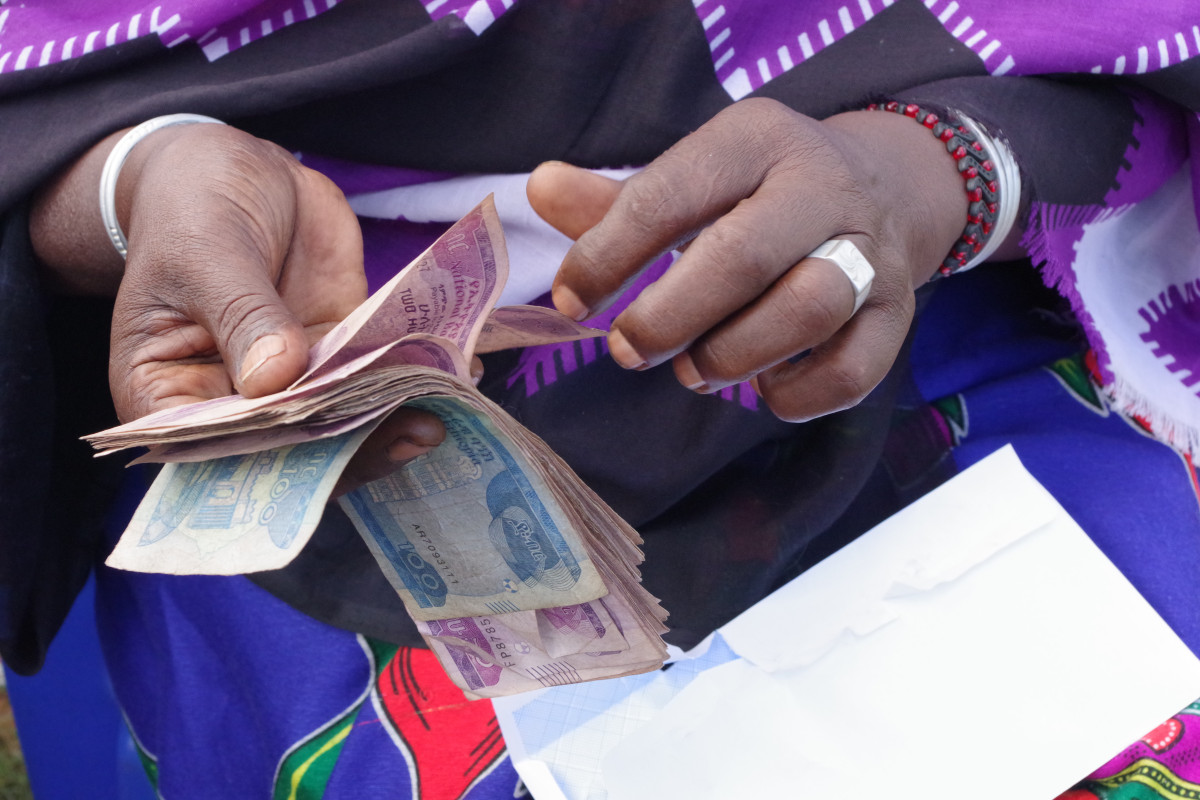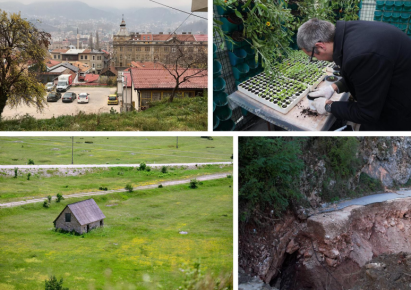"We had nothing to eat until the cash arrived," says Gelmo Duba from Southern Ethiopia
Published: Feb 2, 2024 Reading time: 4 minutes Share: Share an articleThe Borana Zone in southern Ethiopia faces a prolonged drought, having endured five years of scarce rainfall. The lack of rain has severely impacted the community's economic and food security. Severe drought led to the loss of many animals, causing a critical food shortage and pushing the community to the brink of starvation. With funding from the European Union, we have taken action to address the urgent needs and provide cash assistance to help the people of Borana to rebuild their lives.

Our team arrived in the small village of Arbala. The villagers—most of them are women and elderly—sat under the shade of a tree, waiting to collect the cash support. Our team and the government administrators conducted a short briefing. The villagers attended the briefing, and they were lined up to receive the money. For most of them, it's their only income in a long time.
The Arbala Kebele, situated in the Dubuluq Woreda of Borana Zone, is recovering from a devastating drought that resulted in a dramatic loss of livestock. In southern Ethiopia, estimates range from 1.5 million to over 2 million livestock casualties. Thus, the Borana community is enduring challenging times as they strive to protect their lives and remaining livestock.
As the cash was distributed, a screening and selection committee sat in front of the payment centre to check on the process. Some of the villagers are illiterate and cannot count. So, they give the money to a member of the committee members to count for them.
We met Gelmo Duba, a resident of Arbala Kebele (a small administrative division). She is a single mother of eight children while receiving financial support. In her village, women bear significant responsibilities, managing household chores, fetching water from distant places, nurturing children, and even building homes for their families. Gelmo reflects on the challenges she faced, stating:
Careful selection of people in need
Jatene Dima is a member of the beneficiary selection and screening committee. She plays a crucial role in helping identify those in need.
It is not easy for the committees to identify the most affected community members. Since the drought was severe, it's not an easy task to reach all those who might need us. According to some sources, the drought is pushing malnutrition up for children and their families at an alarming rate. In Ethiopia, admission rates for treatment of severe acute malnutrition for children under five in drought-affected areas increased by 15 per cent in just one year.
Based on our selection criteria, Gelmo was among the community members who received cash assistance to meet her urgent needs already—she has now received our support twice.
"When we received the money, we were hungry," says Gelmo
As a pastoralist community, Gelmo and the villager's livelihood and sole source of food is their livestock.
Jatene acknowledges the hardships the community faced:
The screening committee is not only involved in selecting people for support, but it also monitors and verifies how they use the money, promoting efficient and effective utilisation. With the generous support from the European Union, some of the villagers have begun life anew. Many have secured food, purchased goats, and ensured their children can attend school.
Extra Income Needed
After many years of severe drought, the land was blessed with rainfall for the second rainy season. The land is becoming green, and small bushes are growing. The Borana community has realised the need for—and started to act on—alternative ways to get food and money. They're trying new livelihoods, like crop farming. They're planting seeds in their fields to make things better.
Until they harvest enough, they still need support to cope with the challenging times.
Together with the EU, we are able to support a total of 2540 households in Konso, South Omo, and Borana Zones, distributing over 17.5 Million Birr (€280,000) during the second cash distribution.



